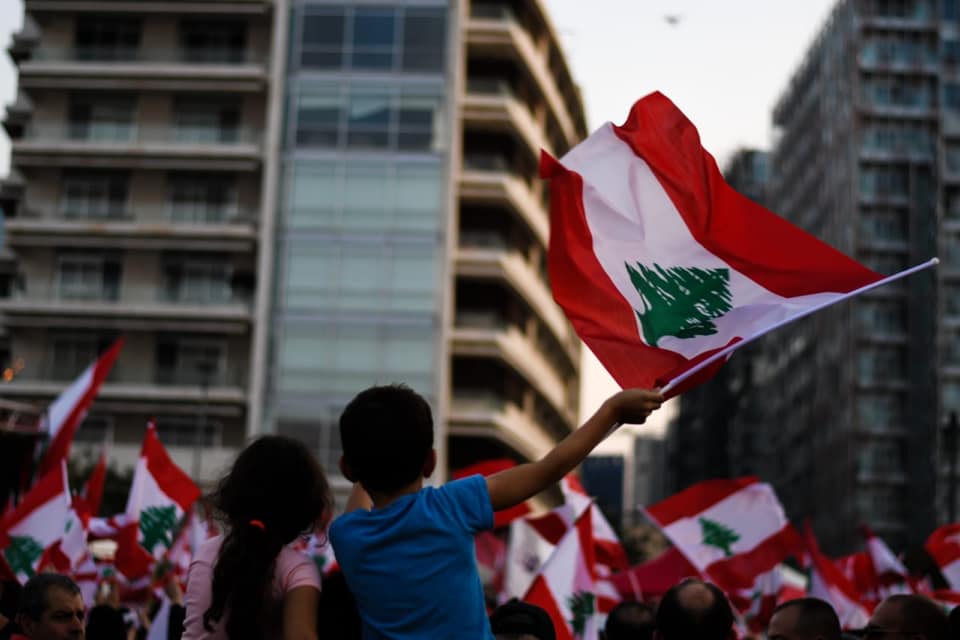I’ll tell you about the Lebanon bomb

What is really going on in Lebanon? The article by Alberto Negri, former special foreign correspondent
Lebanon collapses but no one notices it. A great escape from Beirut is underway which in recent weeks has been overshadowed by that of Kabul. The Land of the Cedars is in the throes of its worst economic and political crisis in the last 30 years which forced it to declare default in March 2020. From 2019, a very long political crisis has prevented the formation of a stable government capable of approving the reforms desired by the community. international to kick off the aid plan.
Beirut is falling into darkness and facing shortages of electricity and fuel. The Lebanese pound (Lpb) is losing value every day: more than 90% from 2019 to today. Those who are still lucky enough to have a paid job, even in the state, cannot even afford to buy what they need to live. If before, for example, he received 1000 dollars, today he barely reaches 50. These are the new poor of Lebanon. About 60 percent of Lebanese today live in poverty, which brings the country closer to the average of around 70 percent of Arab citizens who are poor or exposed to poverty, according to UN data.
For weeks there has been a lack of water, electricity, petrol, medicines due to the lack of money to buy raw materials. The economic crisis that emerged in all its gravity two years ago and aggravated by the pandemic and the US sanctions on neighboring Syria is biting more every day. And politics cannot find the way to form a new government. There are more and more episodes of violence, linked to the increase of social tension especially in the most depressed areas of the country: accidents and clashes, even with firearms, to have priority in the long queues at gas stations, bakers or tankers. 'water.
It is not known how it knows how to power power plants, power generators and hydraulic pumps. A first shipment will arrive next week from Iraq via the Emirates. The resigning Beirut government negotiates the passage through Syrian territory of electricity from Jordan with Damascus and the supply of natural gas with Egypt. While the leaders of the pro-Iranian Lebanese Shiite movement Hezbollah confirm the arrival in the port of Beirut, the scene of the terrifying explosion on August 4, 2020, of a cargo of oil from Iran. But the government denies it, also because it is committed to respecting the US sanctions regime against imports from Iran.
Lebanon dies suffocated, strangled. Failure to supply electricity to respirators continuously puts the lives of many patients at risk – not just those hospitalized for Covid – in intensive care. There is also a lack of medicines to treat chronic diseases such as diabetes. Another emergency is represented by the shortage of milk for children.
The priority, underlines the international Caritas, is to be able to find food every day. Supermarket shelves are completely empty, the cost of basic necessities has more than fivefold, over 70% of households are below the poverty line. The latest alarm, launched a few days ago by Save the Children, concerns the little ones: the amount of food on the table for children in Lebanon is decreasing day by day, denounces the organization, which explains how a ration of bread for a month pushes families back by almost half of the monthly minimum wage and how the "poorest families probably need at least two bags of bread a day due to the inability to afford nutritious foods such as rice, lentils and eggs".
A segment of the Lebanese is able to move forward thanks to the economic aid that comes from friends and relatives living abroad, otherwise they would be starving. And schools are also collapsing, in a country that once shone for its level of education.
Everyone who can run away. In the last few months alone, it is estimated that over 1,100 doctors and about 1,000 teachers have emigrated abroad: a disaster for a country of just over three million inhabitants that hosts hundreds of thousands of refugees, from historic ones such as Palestinians to Syrians. The exodus also involves many Christians and that could jeopardize their presence: without them Lebanon would lose a very significant part of its history and its culture.
But aside from the appeals of the Pope, it seems that Lebanon does not interest anyone: a serious humanitarian error but also a geopolitical one. We will pay for it.
(Article published on Negri's Facebook profile )
This is a machine translation from Italian language of a post published on Start Magazine at the URL https://www.startmag.it/mondo/libano-cosa-succede/ on Sat, 04 Sep 2021 06:35:56 +0000.
